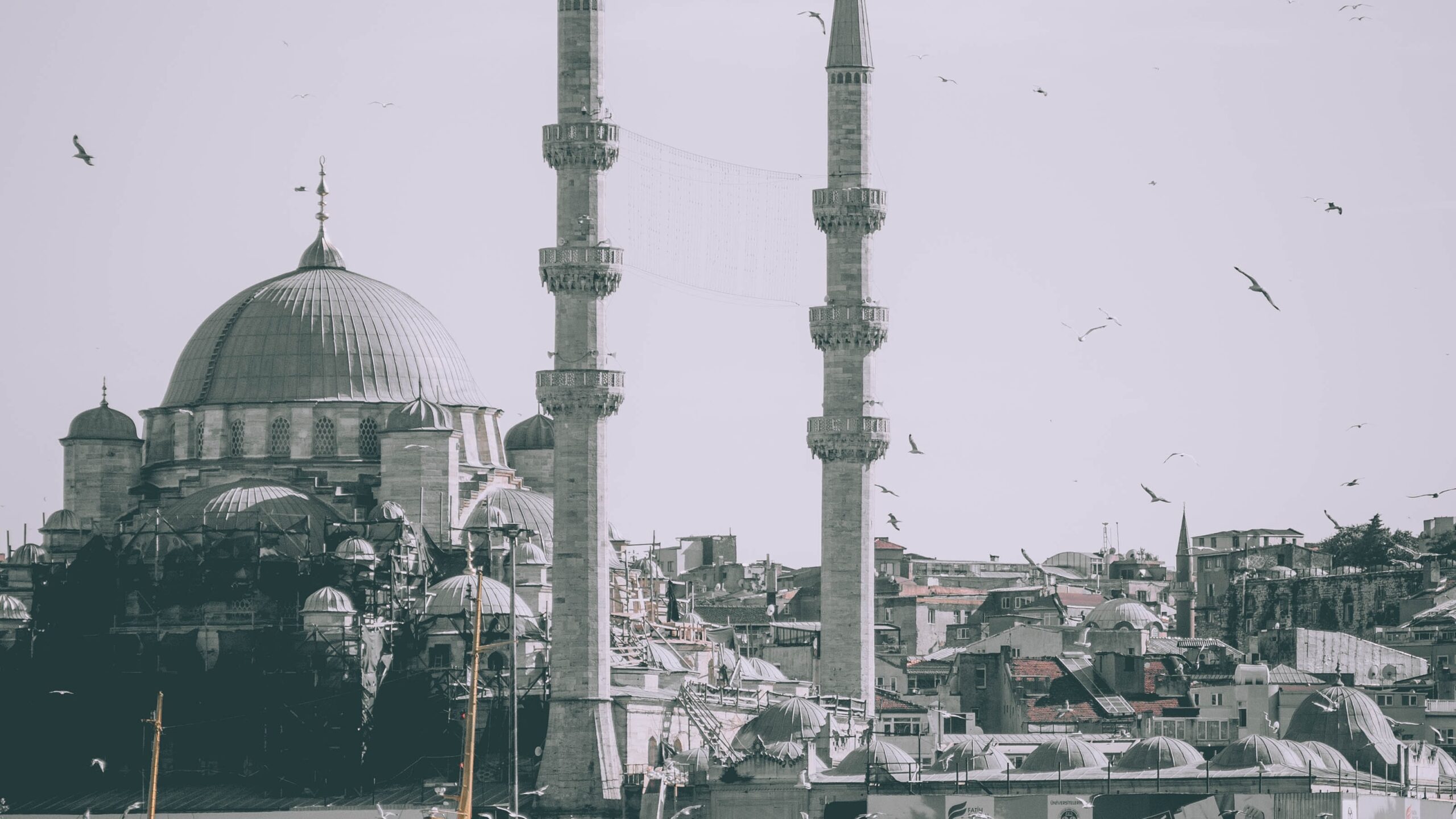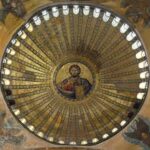UK Government responds to the decision to convert the Hagia Sofia into a mosque, and the impact of that decision on marginalised religious minorities in Turkey and the Middle East
Baroness Sugg, the Foreign and Commonwealth Office, has provided the following answer to your written parliamentary question (HL7421):
Question by Lord Alton of Liverpool:
To ask Her Majesty’s Government what assessment they have made of (1) the decision to convert the Hagia Sofia into a mosque, and (2) the impact of that decision on marginalised religious minorities in Turkey and the Middle East; and what steps they are planning to take to ensure that the rights of religious minorities in the region are safeguarded. (HL7421)
Tabled on: 28 July 2020
Answer:
Baroness Sugg:
While we note the concern that President Erdoğan’s decision to turn Hagia Sophia into a mosque has caused internationally, the Government regards this as a sovereign matter for Turkey. However, we would expect that Hagia Sophia – part of a UNESCO World Heritage Site – remains accessible to all, as testament to its global cultural and religious significance and Turkey’s rich and diverse historical and cultural legacy, and that its precious artefacts are preserved. We therefore welcome the public statements by Turkish leaders that this historic building will continue to be accessible to people of all faiths and nationalities, which would be consistent with the Turkish constitution’s provisions for freedom of conscience and religion for all. We strongly support all minority groups in Turkey and encourage the Turkish authorities to safeguard their welfare and respect their human rights.
The Government is firmly committed to protecting religious minorities in the Middle East region and providing assistance on the basis of need, irrespective of race, religion or ethnicity. We believe that one of the most effective ways to tackle injustices and advocate for respect among different religious and racial groups, is to encourage states to uphold their human rights obligations. The UK is committed to defending Freedom of Religion or Belief (FoRB), and promoting respect between different religious and non-religious communities.
Date and time of answer: 05 Aug 2020 at 15:41.



